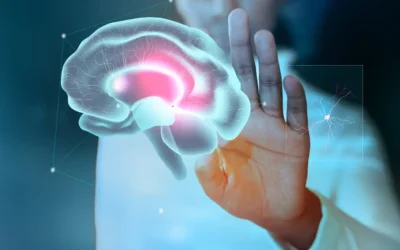Understanding whether you’re a Giver or Taker in relationships isn’t always straightforward. In this insightful blog, we explore the nuances of these roles and how they impact your interactions with others.
The Dual Sides of Being a Giver

Being a Giver is a wonderful quality, characterized by empathy, kindness, and a caring nature. However, this trait can lead to challenges, such as becoming overbearing or inadvertently inviting manipulation from Takers. Givers need to be mindful of balancing their generous nature with self-care.
Signs You Might Be a Giver
If you resonate with the following traits, you might be a Giver:
- Freely gives time, money, and love
- Prefers anonymity in giving
- Often overextends help from the outset
- Enjoys giving advice and helping others without expecting anything in return
- Reluctant to ask for help or remind others of their obligations
Balancing Your Giving Nature
For Givers, it’s important to set boundaries. Start with small, manageable favours and gradually learn to ask for help. This not only balances your giving nature but also fosters healthier, reciprocal relationships.
The Taker’s Perspective

Takers often have an insatiable need for more, making it hard for Givers to satisfy them. This dynamic can lead to a one-sided relationship, where the Giver continuously gives, and the Taker keeps taking. Recognizing narcissistic traits in Takers is crucial for maintaining healthy boundaries.
Signs You Might Be a Taker
You might be a Taker if you often:
- Focus on ‘I’ and ‘me’ in conversations
- Engage only when there’s something to gain
- Rarely reciprocate or reach out to others
- Struggle with listening and empathizing
Transforming the Taker’s Approach
If you identify as a Taker, practicing gratitude and intentional giving without expecting anything in return can be transformative. This shift helps develop empathy and genuine connections with others, moving away from a self-centered approach.
Conclusion and Self-Reflection
Both Givers and Takers play vital roles in relationships. Understanding and balancing these traits leads to healthier, more fulfilling interactions. Not sure where you stand? Take our Giver/Taker quiz to gain more insights into your relationship dynamics.
Best wishes,
Ian Robertson











